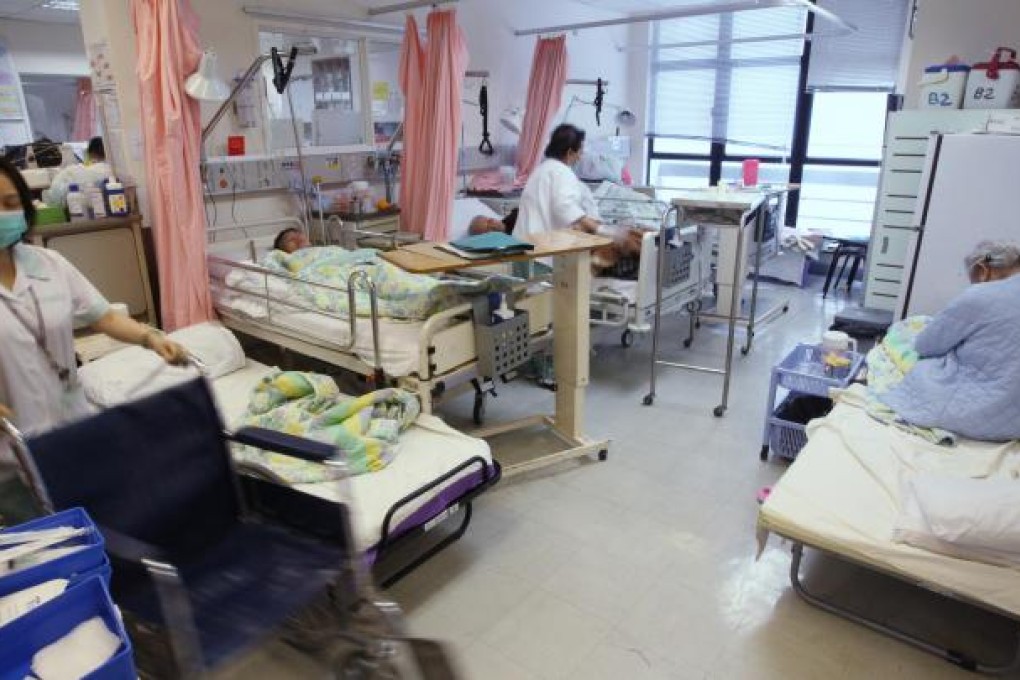
I refer to the letter of Dr Jason Brockwell ("Wrong diagnosis in editorial's prescription for doctor shortage", October 9).
We concur with Dr Brockwell that doctor manpower is a complex and multifaceted issue. There can be no single solution to the manpower shortage in the public sector, which faces competition for doctors from the private sector.
To address the current manpower shortfall, I would like to explain our continuing efforts to retain our valuable medical staff as well as to attract new talent.
In response to the reduction in the number of local graduates since 2008, the Hospital Authority has developed a new career structure for medical staff; enhanced the promotion prospects of specialist doctors; improved working conditions, with more supporting staff; enhanced training opportunities; and enhanced recognition of excessive overnight on-site call duties.
To address the issue of staff morale and work stress, we have also introduced a special psychological support programme to help staff hold up under stress, and run courses to help colleagues handle workplace violence.
With all these efforts, the overall turnover rate of doctors in public hospitals dropped from 5.2 per cent in 2010/11 to 4.8 per cent in 2011/12. Even before some 270 new doctors joined the Hospital Authority in July this year, the turnover rate has dropped further to 4.4 per cent in the first four months of 2012/13.